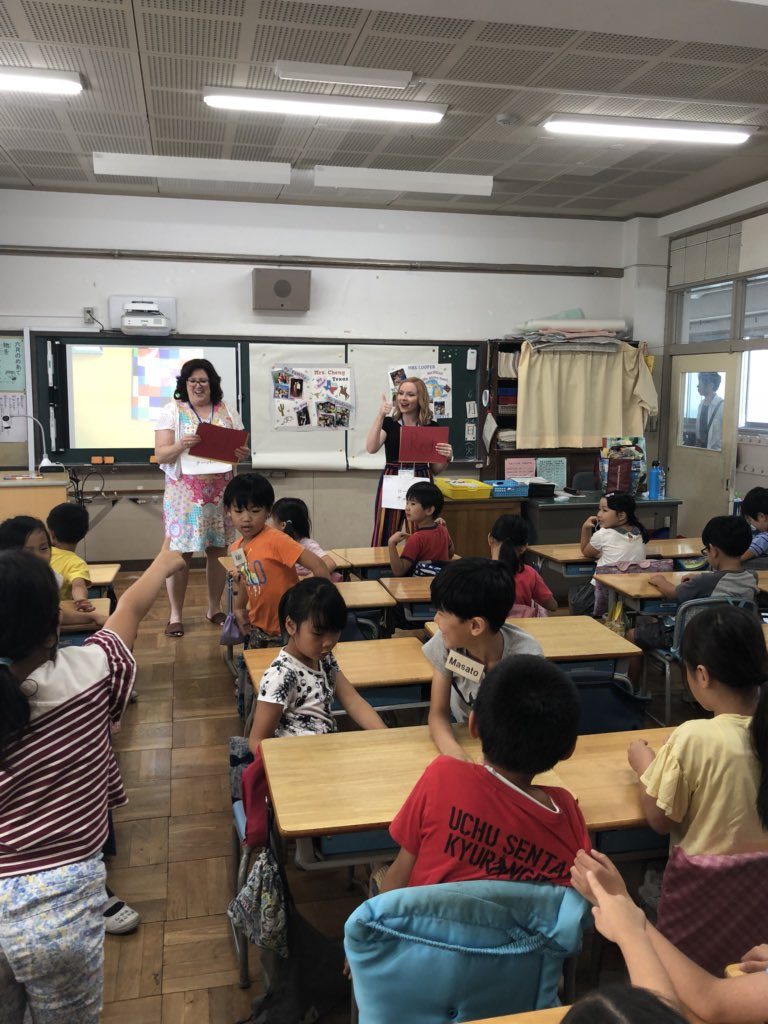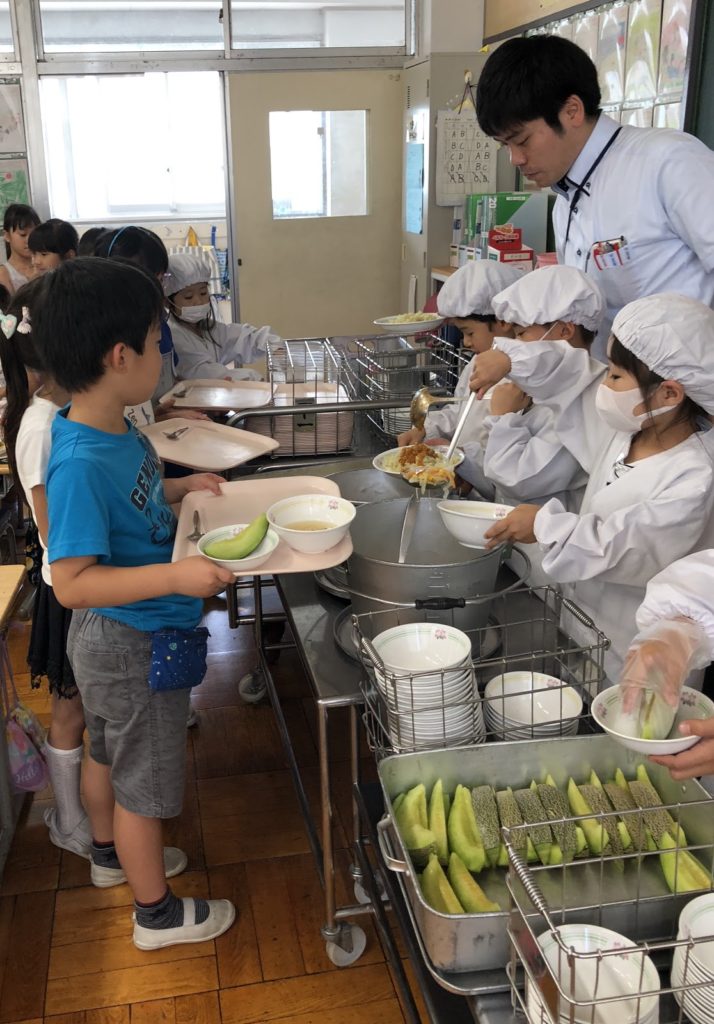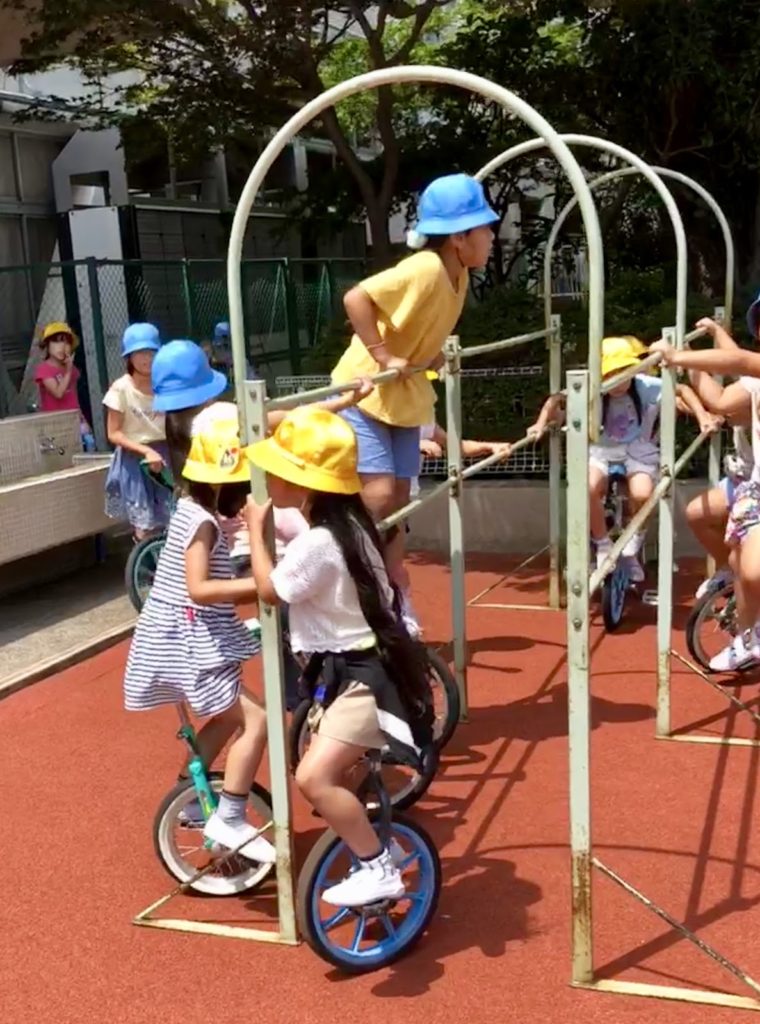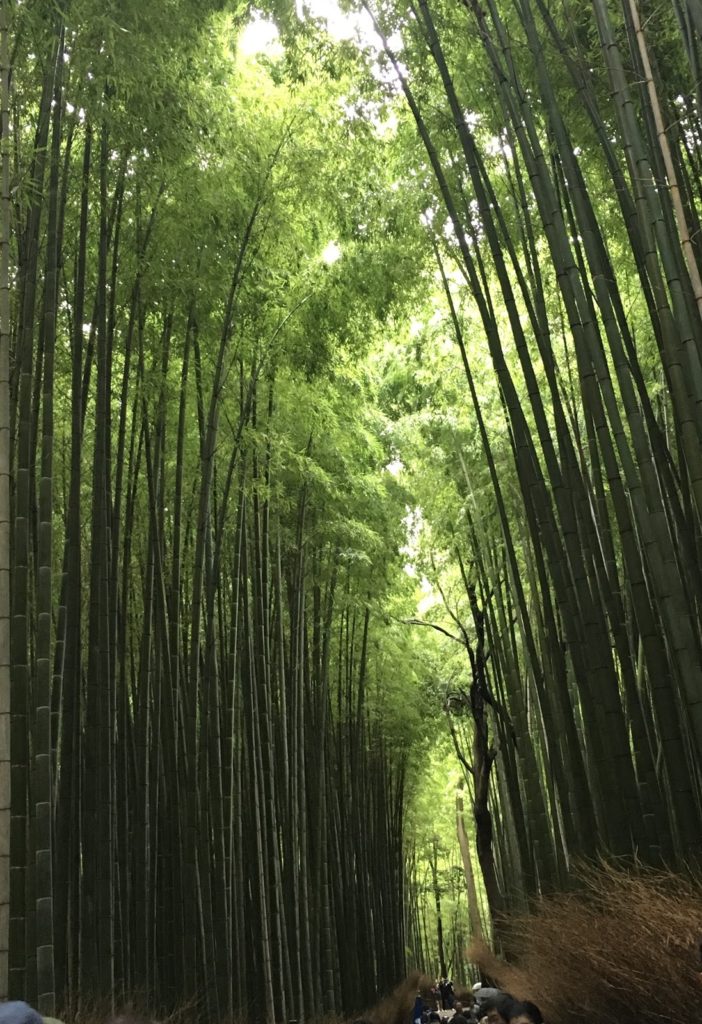
Editor’s Note: King Elementary Principal Mary Cooper was one of 31 teachers chosen as a 2018 International Educator to Japan. The teachers—including four from Brussels, one from Canada and 26 from around the United States—spent 12 days in Japan, visiting Tokyo, Kyoto, Hiroshima and Nara.
King applied to the program because some King families attend the Detroit Japanese School in Novi. Last year, Angell Principal Gary Court was selected for the trip.
The IEJ program was launched in 1975 on the initiative of the Japan Business Association in Los Angeles to invite to Japan educators from local schools teaching the children of Japanese company employees stationed overseas. The goal was to deepen their understanding of Japan. The program includes demonstration lessons during school visits and exchange of views with Japanese teachers. Expenses are mostly covered by overseas Japanese business associations.
Cooper and fellow educator Brenda Raymond wrote the following essay about their trip:
The Schools
Visiting schools in a foreign country is something many educators would like to do but don’t get the opportunity to experience. Our group of educators almost unanimously agreed that we had many misconceptions about what we expected to see in schools. Straight rows, teacher directed, and individualistic were some of the misconceptions we held until observing and teaching in the Japanese schools. Our visits to three different schools truly allowed us to see that kids are kids and school life in Japan is somewhat reminiscent of school life in America. Of course there are differences. But, like our US children, they asked our age (and gasped when I told them 58!), our birthdays and favorite colors. We witnessed enthusiastic kids learning English when we taught our lessons, cheering to get the extra snack, the little girl helping another child with a bloody nose, a crying child in the hallway, and the use of document cameras and interactive videos for instructional times. All things that happen everyday in American schools.
There were several aspects of the Japanese schools that stood out to us. Their emphasis on collaboration, community, and risk-taking was evident at each of the three school visits.

Community responsibility for cleanliness of the building
The learning began the moment we walked in the door at Tachiai School when we removed our shoes and put on slippers. Students and teachers take care of the cleanliness because they see it as an honor to be at this school. Just as in the cities, there was no trash strewn in the hallways.
Community responsibility for meals

The lunch program in the classroom was a fascinating process to observe. Six to seven children doning their white coats and hair coverings, served their classmates and guests. They were collaborative and problem-solvers. The teacher was on the sidelines to offer guidance if necessary. It’s apparent the first grade teachers work hard at guiding the youngest students I how the process works.. No one eats until everyone is served. Students ate their lunches in clusters of four and five and had quiet conversation during their meal. If there was food on a plate that a child did not eat, they returned it to the community pots, where others then help themselves. No food was wasted, no trash was left behind, and all were content.
Risk-taking opportunities

While on the playground, there was a flutter of activity with children just playing and engaging. Seeing children riding unicycles truly amazed us all. Yet the unicycle is a toy that actually symbolizes so much about the Japanese people– perseverance, balance, patience, courage and trust. This is not an activity for perfectionist! This is an activity for a risk taker! Riding a unicycle generally equates to many, many failed attempts and falls. But, we realized it truly allowed a child to grow physically, mentally, emotionally and socially.
Community responsibility for classroom management and learning
The morning assembly of the student body helped develop a sense of community in the schools. The children had obviously practiced assembly behavior and expectations which helped the assembly run smoothly and take minimal time from instruction. It also set the tone for the school day. Teachers monitored classes very closely and due to the way students were seated they were able to whisper in their ear if correction in behavior was needed.
In the classrooms, students were seated in pairs. Learning was shared between classmates as they frequently were given the opportunity to turn and talk to one another. Students encouraged and helped one another when one student was struggling, as we observed in the English demonstration lesson. While at the Nara Women’s University School, the teacher had a student as “classroom manager.” When the noise level got too high, the classroom manager would ring the tambourine.
Another student was responsible for taking notes for the entire class. This level of collaboration and interaction was not something we expected to observe.
Community responsibility for ensuring children get to school safely
Watching an entire school community walk to school in a safe, structured manner was so typical of the harmonious nature seen in Japan’s daily life. The older children take responsibility for the younger children while they all walk together while chatting with friends, greeting the elders along the route who volunteer each day to see them to school safely. It was truly remarkable to be a part of this daily routine.
Japan’s beauty and splendor

Japan’s beauty and splendor is magnificent! From the Bamboo Forest, Zen Gardens and The Golden Temple in Kyoto, to the rice fields, and mountain we were surrounded by breathtaking sites. Miyajima with it’s mountainous greenery and temples will be indelible in our minds. The Japanese people work tirelessly to maintain their country’s beauty, and one overt way they do this is by keeping trash picked up. Because of their great respect for their country, even in the cities, stadiums and subways were spotless! The joy of each new day came with wondering what our eyes would behold and we were never disappointed!
The attention to detail everywhere was prevalent from the beautifully displayed food, to the stunning department stores. Tokyo by night was a sight to be seen, too. It’s beautiful lights with the gleaming Tokyo Tower.
Host family
Hospitality is defined by Webster as “the friendly and generous reception and entertainment of guests, visitors, or strangers”. This does not begin to fully encompass the goodness shown to us in the way we were treated by our gracious host families. They gave up their beds and slept on mats for the sake of our comfort. In one home situation, the visitor knew limited Japanese and host family knew limited English, but thanks to Google Translate the conversations were meaningful! The food was prepared with love and attention and being thoughtful to our food restrictions. On the last day, when being dropped off at the school, one host family member carried an umbrella over the guest’s head to ensure she was not scalded by the sun. Our host families were the epitome of hospitality.
When traveling, no matter where in the world, we look for people we know. During this trip of a lifetime, while we did not see anyone we knew, we recognized the children and the families as being similar to the Japanese students and families in our schools! From the playfulness of the children to the polite mannerism of the adults, we walked a way with a better understanding of the Japanese people and culture. Therefore, upon our return to school in September, we will be even better in connecting with our Japanese families. Beyond greeting them with “Ohio Gazimes”, we will appreciate their desire to contribute in meaningful ways to our learning environment. We will strive to incorporate some of the same values we witnessed while in this amazing and hospitable country!

Be the first to comment